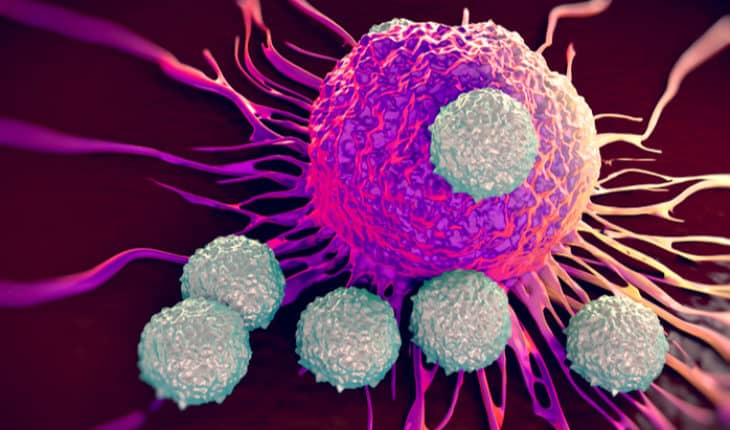Researchers discover way to improve immune response: Melbourne researchers have identified a way to improve the immune response in the face of severe viral infections.
It is widely known that severe viral infections and cancer cause impairments to the immune system, including to T cells, a process called immune ‘exhaustion’. Overcoming immune exhaustion is a major goal for the development of new therapies for cancer or severe viral infections.
A team from the Peter Doherty Institute of Infection and Immunity (Doherty Institute) led by University of Melbourne’s Dr Sarah Gabriel, Dr Daniel Utzschneider and Professor Axel Kallies has been able to identify why immune exhaustion occurs and how this may be overcome.
The team had previously identified that while some T cells lost their function and became exhausted within days, others, called Tpex cells, were able to maintain their function for a long period of time.
“This idea that you need to overcome exhaustion and make T cells better is at the heart of immunotherapy,” Professor Kallies said.
“While immunotherapy works really well, it is only effective in around 30 per cent of people. By discovering a way to prime T cells differently so they can work efficiently in the long run, we may be able to make immunotherapy more effective in more people.”
In their most recent paper published today in Immunity, the team has now identified a mechanism explaining how Tpex cells can maintain their fitness over long periods.
Professor Kallies says that the discovery has the potential to improve the success rate of immunotherapy.
“We found that activity of mTOR, a nutrient sensor that coordinates cellular energy production and expenditure, is reduced in Tpex cells compared to those which were becoming exhausted,” Dr Gabriel said.
“What this means is that Tpex cells were able to dampen their activity so they could remain functional longer – it’s like going slower to have the endurance to run a marathon instead of a sprint at full speed.”
Dr Utzschneider stressed that flicking this switch to the immune system is a balancing act.
“You don’t want to dampen the response too much to the point the response becomes ineffective – you don’t want to be left walking the race,” Dr Utzschneider said.
“The next step was finding the mechanism which was enabling this. We discovered that Tpex cells were exposed to increased amounts of an immunosuppressive molecule, TGFb, early on in an infection. This molecule essentially acts as a brake, reducing the activity of mTOR and thereby dampening the immune response.”
Excitingly, the researchers were able to use this discovery to improve the immune response to severe viral infection.
“When we treated mice with an mTOR inhibitor early, this resulted in a better immune response later during the infection,” Dr Gabriel said.
“In addition, mice that had been treated with the mTOR inhibitor responded better to checkpoint inhibition, a therapy widely used in cancer patients.”
The team will now explore this mechanism in preclinical cancer models.
This work was done in collaboration with researchers from the Olivia Newton John Cancer Research Institute and Monash University.
Peer review: Immunity doi.org/10.1016/j.immuni.2021.06.007: Funding: NHMRC, Swiss National Science Foundation, Novartis Foundation for Medical-Biological Research, Leukemia & Lymphoma Society. This study used mouse models
- Combination of drugs could prevent thousands of heart attacks - 21st April 2025
- UQ Study Links Poor Teen Diets to Heavy Social Media Use - 21st April 2025
- Gut microbiome could delay onset of type 1 diabetes - 3rd April 2025






